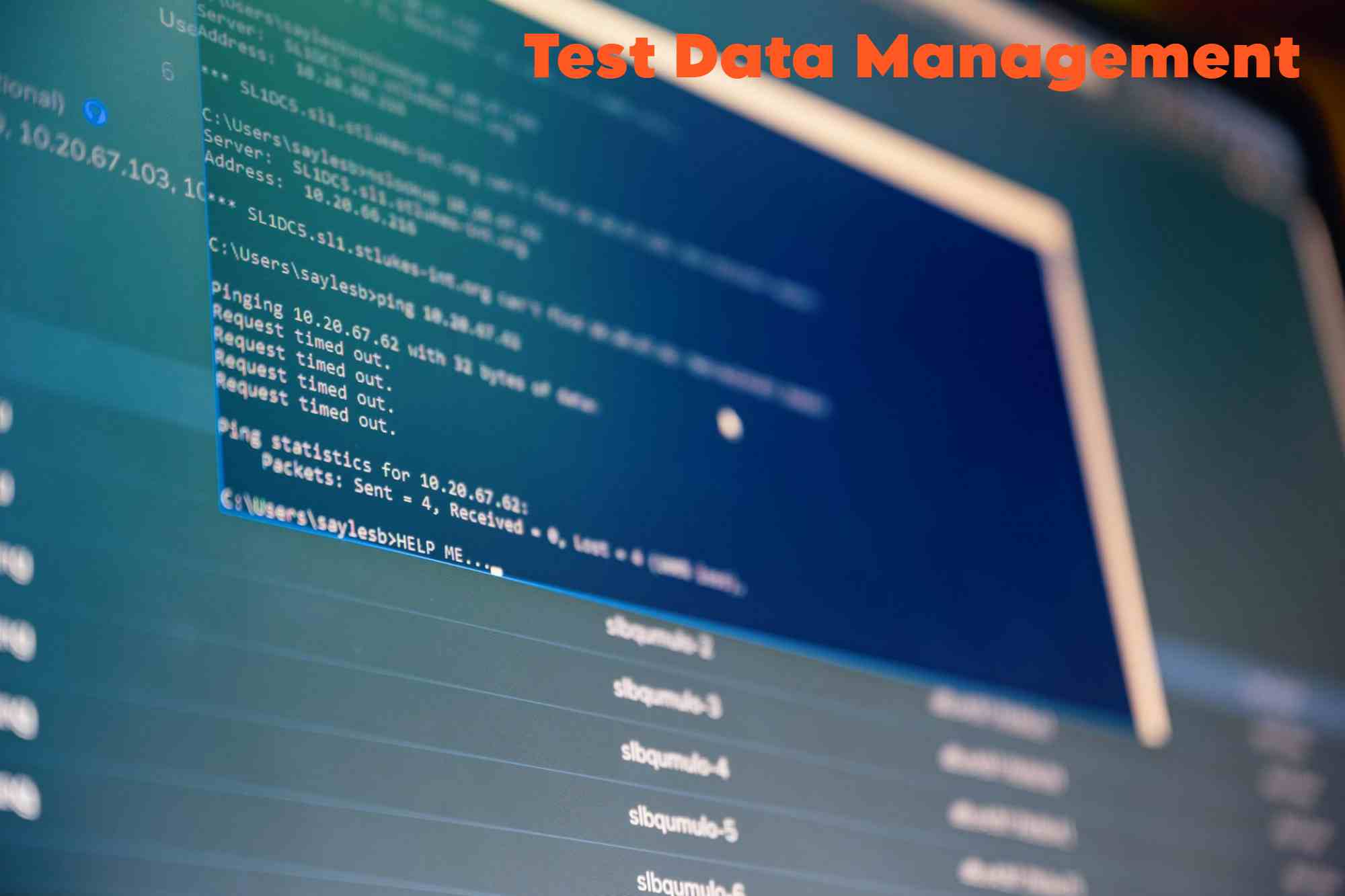
The Nexus of Test Data Management and Test Automation
Nowadays in the space of the theory of cyber, businesses heavily depend on software to make customer experience better, operations smooth, and innovations. Consequently, software development and testing have gained traction as two of the crucial methods to modern businesses. Test automation and Test Data Management (TDM) are the bases that always guarantee high quality and speedy delivery.
The Significance of Test Data Management
The complex tasks of creating, storing, and giving out the data required for your software application testing are called the “test data management” process. It provides a solution to selecting and creating the proper test data, securing that data, and deciding where that data will be applied during the testing process. The most important part of the software testing is the test data which is used as a measure of the process effectiveness and of comprehensive nature.
Data Relevance: The validation of software behavior should be done on real-life data, as a way to get a proper check on the system’s response. TDM does take care that the data which is used for automated testing reflects the production environment which earlier helps in the detection of any bugs during the development cycle.
Data Privacy and Security: In the wake of these tighter data privacy regulations, TDM acts as an anonymizer and as a faculty to protect sensitive data during testing. This is essential for such purposes as to make the law needful to be met just as the CCPA and GDPR are.
Data Consistency: Syncing data might be a really challenging job in the case of testing environments that are not the same. TDM remedies the potential of differences that may lead to malfunctioning of data by assisting in the creation of uniform datasets for testing at every point of development, that is, from development, through staging, to production.
The Benefits of Test Data Management in Automation Testing
Efficiency: TDM leads to big improvements in the testing process since it eliminates the test data provisioning step which reduces the test execution time. Time is saved, as well as money, thanks to the high speed and reliability of the data access that is provided by using automated tests.
Accuracy: It is vital that data, that is reliable and perfectly consistent, must be used for automatic testing. TDM compared to test automation data is always consistent and relevant when there is an occurrence of the ever-changing requirements of a software application.
Risk Reduction: TDM diminishes the probability of a proxy which will be a problem as the previous data becomes old or sensitive. This provides confidence in the test results by minimizing false positives and false negatives.
Cost Saving: Organizations can be able to save resources and bring down operational costs by optimizing the test data provisioning while at the same time minimizing manual operations.
The Synergy of Test Data Management and Test Automation
Test Data Management and test automation, though independent components of any automated testing process, are complementary in their benefits:
Data-Driven Automation: Testing automation needs test data driven by the data source. Saving of time during the testing process and test data management are enhanced as test scripts have access to a wide range of testing scenarios through TDM.
Data Consistency: Reliable automated testing is ensured by the precise data which allows for repeatability and accuracy. The use of TDM will guarantee that the data that is being automatically tested is the same in all simulating environments.
Parallel Testing: Parallel execution of automated tests can be used in various environments and configurations of the environment. TDM further shortens the testing process with the help of test data that can be both discoverable and accessible for parallel testing.
Continuous Integration/Continuous Delivery (CI/CD): Test automation and test-driven development are the key components that make up the pipeline of the CI/CD cycle. TDM will be the data source for enterprise development teams to build automated tests. This will ensure that their pipelines process and release new software automatically on a very frequent basis.
Conclusion
With Opkey at the helm, businesses can now incorporate these necessary aspects into their software development and testing processes effortlessly, using its fit-for-purpose solutions and insights which are provided all-round. With Opkey organizations can see the advantages of quick releases, low costs, and superior software quality, so develop your software delivery pipeline by choosing for Opkey. They should exploit the opportunities that it brings and elevate the quality of test automationand test data management in the future.
Please explore our site for more exciting content if you like this article.

